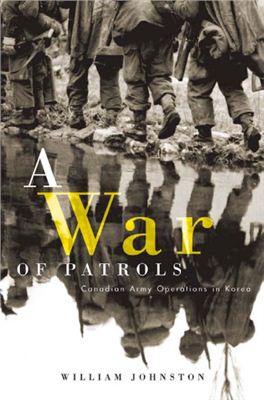Univ of British Columbia Press, 2003 - 426 p. ISBN10: 0774810084
ISBN13: 9780774810081 (eng)
The extended peace the world anticipated following the decisive Allied victory in the Second World War was abruptly shattered in June 1950 by the invasion of South Korea by communist North Korea. Responding to a United Nations’ call to assist the South Korean regime, Canada deployed an 8000-man brigade to the peninsula to fight as part of an American-led UN force.
This comprehensive account of the Canadian campaign in Korea provides the first detailed study of the training, leadership, operations, and tactics of the brigade under each of its three wartime commanders as well as its relationship with American and Commonwealth allies. An impeccably researched analytical history, the book examines the uneven performance of the various Canadian units and argues that the soldiers of the "Special Force" initially sent to Korea were more thorough and professional in their operations than were the army’s regular battalions that eventually replaced them at the front.
The revisionist interpretations of A War of Patrols will attract both academic and military professionals, as well as general readers interested in a fresh look at an important part of Canada’s military past.
Published in association with the Canadian War Museum
The extended peace the world anticipated following the decisive Allied victory in the Second World War was abruptly shattered in June 1950 by the invasion of South Korea by communist North Korea. Responding to a United Nations’ call to assist the South Korean regime, Canada deployed an 8000-man brigade to the peninsula to fight as part of an American-led UN force.
This comprehensive account of the Canadian campaign in Korea provides the first detailed study of the training, leadership, operations, and tactics of the brigade under each of its three wartime commanders as well as its relationship with American and Commonwealth allies. An impeccably researched analytical history, the book examines the uneven performance of the various Canadian units and argues that the soldiers of the "Special Force" initially sent to Korea were more thorough and professional in their operations than were the army’s regular battalions that eventually replaced them at the front.
The revisionist interpretations of A War of Patrols will attract both academic and military professionals, as well as general readers interested in a fresh look at an important part of Canada’s military past.
Published in association with the Canadian War Museum

